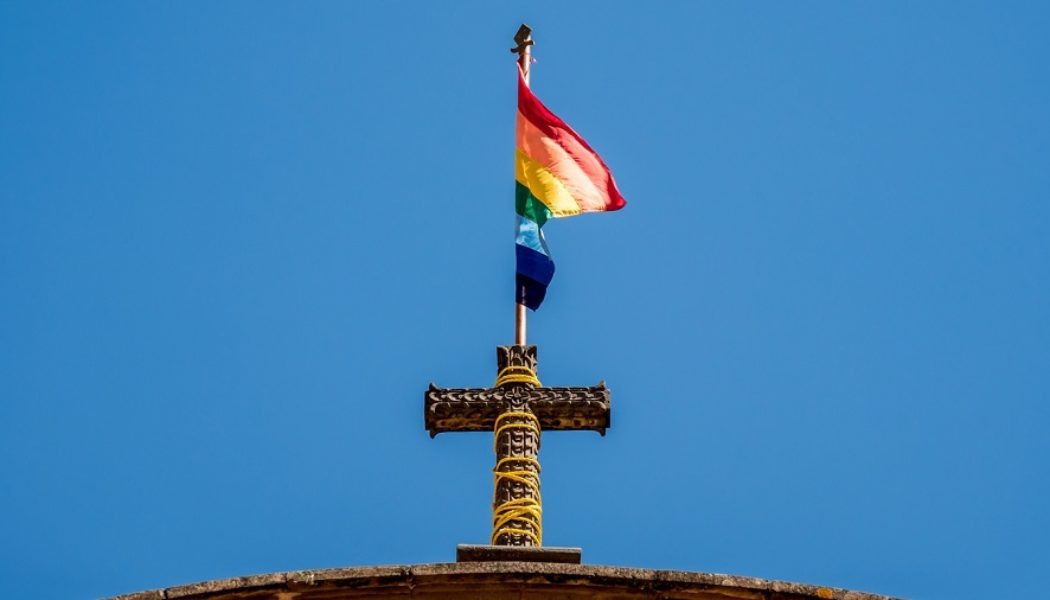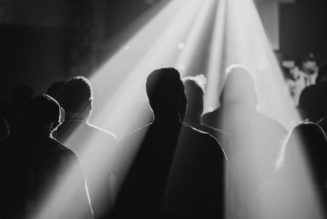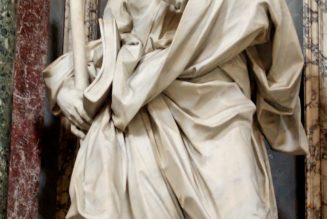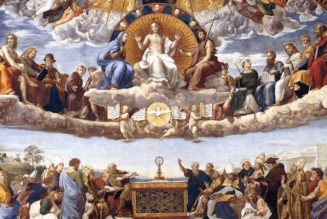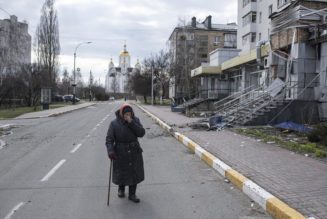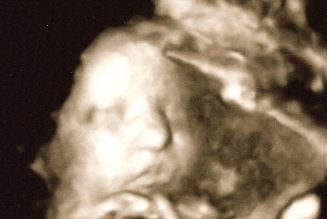
There is no denying that America has a new civic religion. The US flag, now deliberately and effectively tarnished in the minds of many as a symbol of racism, has been replaced with a rainbow flag proclaiming to the world our new genital dogmas and pelvic creed.
“I feel very woman, and I feel very man. I feel both, and I feel neither …” declared Layshia Clarendon, the WNBA’s first openly non-binary transgender player, in a recent ESPN cover story. The story’s author, who refers to Clarendon alternatively as he, she, and they throughout the profile, writes that the primary driving force for Clarendon is faith.
“… I feel like all the gender expansiveness that exists in the world is in me.” Clarendon explains. “I think that’s what the word ‘trans’ means to me too. It’s such a beautiful word, and such a beautiful community that is full of resilience. And it … it just feels like magic.”
A society of mini-gods each in pursuit of its own power is far more like hell than heaven.
Being able to speak into existence your identity, in defiance of any bodily reality, understandably feels like magic. It also must feel godlike.
Welcome to the religion of the Woke. The god of this religion is you. And me. And he, and she, and they.
How do we become gods in this religion? By obsessively following its core questions. The driving questions in our lives and in our religion have the power to lead our actions and to determine our focus in life.
There are two questions at the heart of Woke dogmas.
How Have I Been Hurt?
Every revolutionary — from Marx to Mao to Marcuse — has known that a revolution requires an enraged and vengeful victim class convinced of their righteousness. The role of the revolutionary is to, in Saul Alinsky’s words, “rub raw the sores of discontent.” Grievances are the currency and sustenance of the woke, creating a broad and perverse incentive to continually seek out ways to take offense and to broadcast those offenses.
In their book The Rise of Victimhood Culture, sociologists Bradley Campbell and Jason Manning examine how different societies establish a cultural code of what values they prioritize and revere, particularly in the area of conflict response.
The authors argue that dignity culture has been giving way to, and is on a collision course with, the rise of victimhood culture (or social justice culture). In a dignity culture, the general recognition of the inherent worth of each person is prioritized. Insults, in such cultures, are better endured than fought. A person’s worth is understood to be objective and independent of another’s opinion. In contrast, a victimhood culture holds identifying and battling oppression as its highest virtue.
It treats wounds — real or imagined — and freezes them, emotionally stunting us while we move through life with our hurts like a shield, absolving us of responsibilities and cloaking our voices with gravitas. It also catastrophizes our grievances. No longer is oppression something we can point to in law or deed; now it is invisible, systemic, omnipresent.
What Do I Desire?
The second question points us to an essential Woke dogma that our reason for existence is expression: to acknowledge, reveal, and live out our authentic selves based on our personal desires, especially our sexual desires. The concept that there is a moral order to the universe must be rejected if personal flourishing depends on the revelation and expression of a core identity that is identical with our personal predilections. Societal taboos that limit our true selves are an irrational means of repression in this framework.
The more unconventional the sexual desire, the more potential a person has for liberation. The identification and expression of such desires require considerable defiance of social norms, and so give rise to a more glorious liberation of self in their expression.
Queer culture is a most effective apostle of this transformation — from repression to liberation — for just this reason. This explains the popularity of phrases such as “Fly your freak flag” and why “Pride” parades tend to be a competition of the most bizarre and outlandish presentation of self. Giving in to self is not only a human right, but a human virtue.
The God of Self
If Karl Marx prompted the first question, Freudian thought prompted the second. Identity politics is well-matched with the Sexual Revolution. The common thread is that oppression and liberation are the definition and purpose of the human person. We must be liberated not only from evil groups and systems outside of ourselves, but also from our very bodies and the internal repression we impose on ourselves.
The two questions feed and sustain one another so effectively as to seem designed by an evil genius. It does not take long to realize that the message that freedom means pursuing our sexual desires without restraint will lead to rampant injustice and social pathologies. This then feeds further oppression narratives by producing more victimization, more rage, and no pathway to becoming whole.
No wonder we are in the middle of a society-wide divorce. Who wants to be married to someone whose focus is primarily on his hurts and his desires? Certainly, this is not limited to a political tribe. Any person, of any worldview can approach life in this narcissistic way. The difference is that the Woke religion encourages and exploits narcissism, while Judeo-Christianity is a corrective for it.
We Are Not Made to be God
Making ourselves gods might feel like magic at first, but it ends in despair. We simply are not made to be gods, and to attempt that requires too much denial of reality, too many mutilated bodies, and too many competing wills.
Which questions will we ask? What do I will, or what does God will for me? How have I been hurt or how can I serve? Does seeking to know and serve the will of God repressively obscure my identity or reveal it?
The more committed we are to our power here, the more elusive it becomes. A society of mini-gods each in pursuit of its own power is far more like hell than heaven. In asking the wrong questions we not only misunderstand who God is, we lose entirely who we are. It is important to ask the right ones. At the end of our questions we will arrive somewhere: at either a reckoning or at a reunion.
Noelle Mering is a Fellow at the Ethics and Public Policy Center. She is the author of the book Awake, Not Woke: A Christian Response to the Cult of Progressive Ideology and coauthor of the Theology of Home book series. She is an editor for TheologyofHome.com and a wife and mother of six children.
Join Our Telegram Group : Salvation & Prosperity
